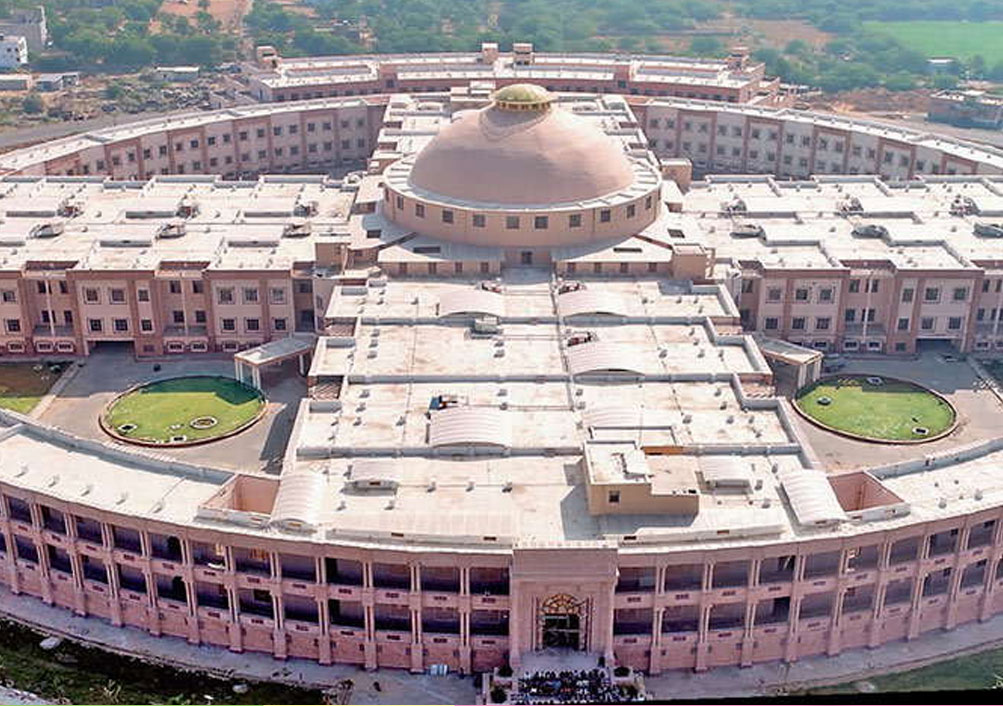


CASE: Suman Meena v. State Of Rajasthan
On Friday, the Rajasthan High Court emphasized that police authorities have a constitutional duty to provide enhanced protection to couples who face threats or harassment from social groups enforcing dominant norms [Suman Meena v. State Of Rajasthan].
Justice Sameer Jain highlighted that an effective institutional mechanism must be in place to ensure that police officers are held accountable for failing to protect these couples.
“The police authorities bear a constitutional responsibility to provide enhanced protection to the respective couples whose autonomy stands to be scuttled by social actors or groups who deploy extra-legal harassment or threats to entrench the dominant social norms,” the judge stated.
In response, the Court issued a procedure to ensure adequate police protection for couples, whether married or in a close relationship, facing such threats.
The following directives apply to those facing threats due to their choice of partner or spouse:
Individuals apprehending threats may file a representation with a designated Nodal Officer, who may not necessarily have territorial jurisdiction over the matter.
The Nodal Officer with territorial jurisdiction must take immediate measures to provide interim protection to the applicant if needed.
The Nodal Officer must review the representation, offer an opportunity for the applicant to present their case in person or through an advocate, and make a decision within 7 days of receiving the representation.
If dissatisfied with the Nodal Officer’s decision or inaction, the applicant may appeal to the Superintendent of Police.
The Superintendent of Police must decide on the representation within 3 days of receiving it.
If the applicant remains dissatisfied with the Superintendent of Police's decision or inaction, they may file a complaint with the ‘Police Complaints Authority’.
If dissatisfied with the Police Complaints Authority's decision or if proceedings are not concluded in a reasonable time, the applicant may invoke the High Court’s jurisdiction under Article 226 of the Constitution.
The Court also directed the State government to establish an online mechanism for couples to file such representations and track the progress of their cases.
Additionally, in cases involving extra-legal threats from family members, the Nodal Officer may facilitate mediation between the couple and the opposing family.
Importantly, the Court’s directions also apply to non-couples who face similar threats.
“For instance, such protection may be required in the case of women who face threats of extra-legal violence from their family members, on account of their choice not to solemnize marriage at the family’s behest. Such protection may also be required in the case of persons, especially senior citizens, who refuse to concede to the extra-legal monetary demands made by the dominant political/social actors in the locality,” the Court noted.
This decision came while hearing a case involving a young couple married in March this year who were threatened by the woman's family.
The Court observed that approximately 15-20 such petitions are filed daily and noted that many couples approach the Court directly without first seeking police assistance.
“This Court considers the filing of a sizeable number of petitions relating to police protection by persons who apprehend extra-legal threats to their safety, with most such petitions being filed before this Court at the first instance, to be indicative of an underlying systemic malaise which requires the intervention of this Court for the respective persons’ lives and liberty to be safeguarded,” it said.
The Court also directed the State government to ensure that Police Complaints Authorities at both state and district levels are appointed and constituted according to the Supreme Court’s directions in Prakash Singh and others v. Union of India and others.
The matter is scheduled for review on September 9 to check compliance with the Court's directives.
TAGS: Rajasthan High Court Police protection Couples Threats Nodal Officer Supreme Court Complaints Authority